In all walks of life, there are standout achievers – those people who others can look to for inspiration and guidance. The best role models for Australian farmers are other successful producers who’ve overcome their business challenges and grown a lasting legacy.
When you work in agriculture you meet a lot of farmers. No one enterprise operates like any other, but the basic concepts are the same. Aussie producers are more ‘doers’ than ‘talkers’. So there really isn’t a lot of documented information on what makes the successful ones so good.
There are of course productivity reports and Industry analysis being done all the time, but I guess it depends on your definition of success. For me it is not all about the money.
My list is one created purely from observations and what I judge to be successful farming families.
A bit of bull
After purchasing a bull one year, my husband was approached by a journalist asking to take his picture and record his comments.
To which he replied: “It’s not rocket science what I do. I buy the bull, put in the paddock, it eats grass and makes calves.”
My husband does not like self promotion, but he is interested in making money from beef production and being the best version of himself that he can.
His list of habits that make up a successful family farming business, like yours, would not look exactly the same as mine. We all have different core values. That’s what make the subject so fascinating.
A mother’s perspective
My daughter is at boarding school where she is experiencing a cross-section of socio-economic families. Naturally, I sometimes hear about the background, lifestyles and ‘stuff’ different families have.
As a parent I challenge my children to observe the character of the individuals they are talking about. To me a good role model is both a successful business person and a decent human.
There are farming families who we admire and those who we pity. Interestingly, it is the not ones with all their wealth on display that people would love to emulate. That said, success in business is measured in financial achievement. Money gives you the freedom to make your own choices.
The American Journal of Psychology defines: “A habit, from the standpoint of psychology, is a more or less fixed way of thinking, willing, or feeling, acquired through previous repetition of a mental experience.”
Successful farming families make conscious efforts to improve. They understand the habits you repeat will reflect in the outcomes you get.
Observations of 20 years
- People first – After listening to Julie MacDonald speak about her late husband Zander, I was completely in awe of how she spoke of him as an encouraging, supportive partner and dedicated father. He was, of course, a great businessman but it was the importance he placed on personal relationships that impressed and resonated with me.
- Livelihood is a business – Being a successful Australian farmer is not determined by the number of hours spent in the paddock. An understanding of financial statements, commodity markets, customer expectations and the business of farming is essential.
- Know their ‘why’ – Producers with a clear vision for the business and understand why they are farming plan strategically for the future. Families who ensure each individual feels part of the big picture achieve even greater success.
- Communication is the key – Farming families who don’t communicate well never achieve their full potential. Effective communicators know each individual’s perception creates their own reality, so they actively ‘check in’ to see how other people are viewing a situation.
- Profit driven and look to technology for productivity gains – They know to maximise profits before focusing on production and focus on working smarter rather than harder.
- Succession is an opportunity for business growth – Families who see the successful transition of everyday decision-making as essential understand staleness drains energy and enthusiasm. They also understand the wisdom of elders is a valuable asset for any business.
- Fresh air is vital for good growth – Producers who can step away from their business to recharge, refocus and refresh their thinking make better decisions. Sometimes that’s as simple as having dinner with friends or going camping for the weekend. Other times there is need to completely step away from the business and take time out.
- Risk takers within a calculated managed risk management strategy – Businesses who operate in a commodity market understand there are factors impacting on price out of their control. This however, does not stop them from looking for opportunities to improve the bottom line.
- Consumer focused approach to compliance – By predicting consumer trends they see accreditation as an opportunity to address concerns before they become a barrier to purchase. They also approach recording keeping and policy development as an opportunity to operate a better business.
- Future focused – They understand about the magic of compounding and how the efforts of today may take decades to be of maximum benefit. However, for the sake of personal relationships and business viability, successful producers do not take a short-term approach to their family farming legacy.
So what would your list look like? How does your family farming business compare to your definition of a successful farmer? The wonderful thing about life is it is never too late to make different choices.
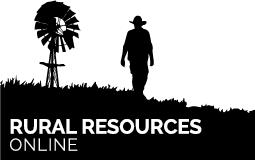
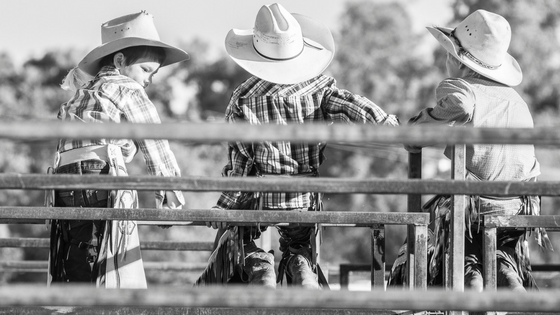
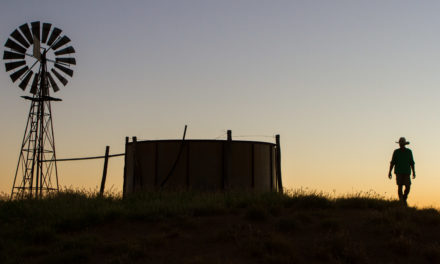
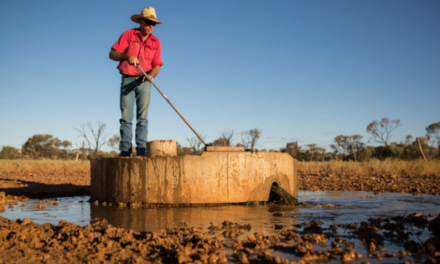

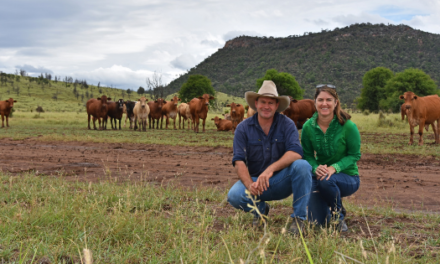
Hi Brigid
I last logged into your site about 6 months ago. A recent LinkedIn message from you prompted me to access your site again. Originally a good site to visit for information is now a great site and a great resource for landholders. Well done and I just know your going to go from strength to strength.